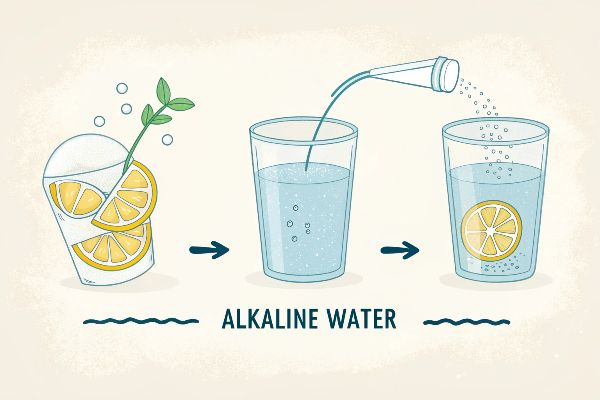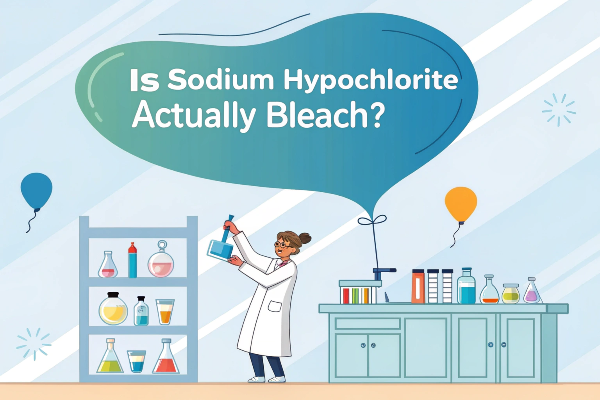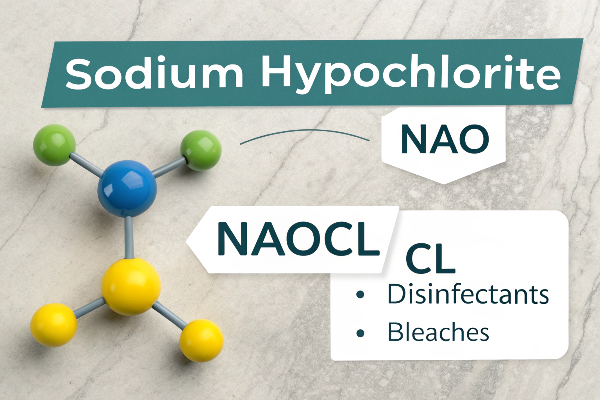Water purification is an essential process, ensuring safe drinking water for billions and supporting industries worldwide. The method chosen for water treatment can significantly impact both the effectiveness and the efficiency of the purification process. One technology stands out for its potential to revolutionize water purification: titanium anodes coated with precious metals. But why are titanium anodes, especially those coated with precious metals like ruthenium or iridium, becoming pivotal in water purification technologies?
Titanium anodes are incredibly durable, resistant to corrosion, and capable of facilitating highly efficient electrochemical reactions. This makes them ideal for use in water purification systems, where they can help break down pollutants, sterilize water, and even recover valuable metals from wastewater. Their longevity and efficiency can lead to significant cost savings and environmental benefits over time.

What Makes Titanium Anodes Special?
Titanium anodes, often referred to as Dimensionally Stable Anodes (DSAs), are favored in electrochemical processes for several reasons. First, they are incredibly durable, capable of withstanding the harsh conditions often found in electrolysis processes. This durability is partly due to the precious metal oxide coatings applied to the titanium substrate, such as ruthenium dioxide (RuO2) and iridium dioxide (IrO2), which not only enhance the anode’s conductivity and catalytic activity but also its resistance to corrosion .
Moreover, these coatings allow for a significant reduction in cell voltage during electrolysis, leading to notable energy savings and a longer lifespan for the anode. The ability to reuse the substrate by re-coating it further adds to the sustainability and cost-effectiveness of using titanium anodes in industrial applications.

How Do Titanium Anodes Work in Water Purification?
In the context of water purification, titanium anodes are primarily used in electrochlorination and electro-oxidation processes. Electrochlorination involves the generation of sodium hypochlorite (bleach) directly in the water, which serves as a powerful disinfectant, effectively killing bacteria, viruses, and other pathogens without the need for external chemical addition. The process is widely used in drinking water treatment, swimming pool disinfection, and even marine biofouling prevention.
Electro-oxidation, on the other hand, uses electrical currents to produce highly reactive species that can oxidize and break down organic pollutants and heavy metals in water. This method is particularly useful for treating industrial wastewater, where conventional biological treatment methods may be ineffective

The Advantages of Using Titanium Anodes in Purification
The use of titanium anodes in water purification offers several advantages. Their high conductivity and catalytic activity make the electrolysis process more efficient, reducing energy consumption and operational costs. Additionally, the high corrosion resistivity ensures that the anodes do not pollute the electrolysis system, maintaining the purity of the final products and reducing maintenance costs.
Furthermore, the ability to customize the anode’s shape, size, and coating according to specific applications allows for optimization of the purification process, ensuring the best possible results.

Precautions and Maintenance for Optimal Performance
While titanium anodes offer numerous benefits, ensuring their longevity and effectiveness requires adherence to certain precautions. Avoiding physical damage to the anode’s coating is critical, as even minor scratches can lead to corrosion and reduced efficiency. Similarly, the electrolyte used in the process should be free of impurities like cyanide and fluoride ions, which can corrode the titanium substrate .
Regular maintenance, including cleaning the anodes and preventing the buildup of scale or other deposits, is also essential for maintaining optimal performance. Keeping the anode clean and free of contaminants ensures the efficiency of the electrolysis effect and extends the electrode life .

The Future of Water Purification with Titanium Anodes
The potential of titanium anodes to revolutionize water purification is immense. As technology advances and the demand for efficient, sustainable water treatment methods grows, the adoption of titanium anodes is likely to increase. Their durability, efficiency, and adaptability to various water purification needs make them a valuable asset in the pursuit of cleaner, safer water.
As we move towards a more environmentally conscious world, the role of advanced materials like titanium anodes in water purification cannot be overstated. By leveraging their unique properties, we can ensure a sustainable supply of clean water for future generations, marking a significant step forward in our quest for global water security.

Conclusion
The journey towards efficient and sustainable water purification is ongoing, and titanium anodes are at the forefront of this technological evolution. Their role in enhancing the efficiency and sustainability of water treatment processes highlights the importance of innovation in meeting the world’s water needs. As we continue to explore and optimize their use, the promise of clean, safe water becomes ever more a reality.





